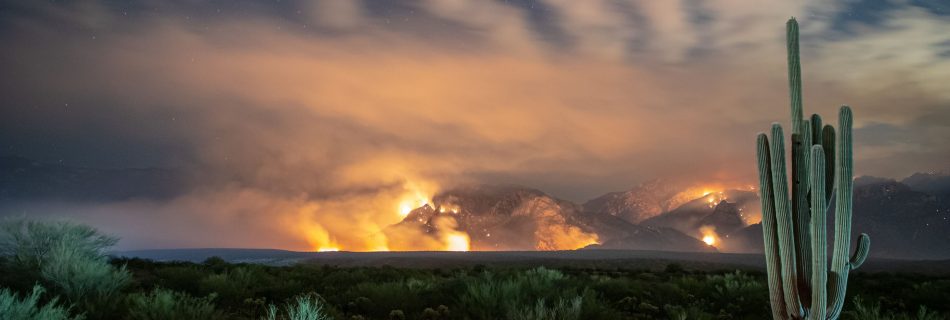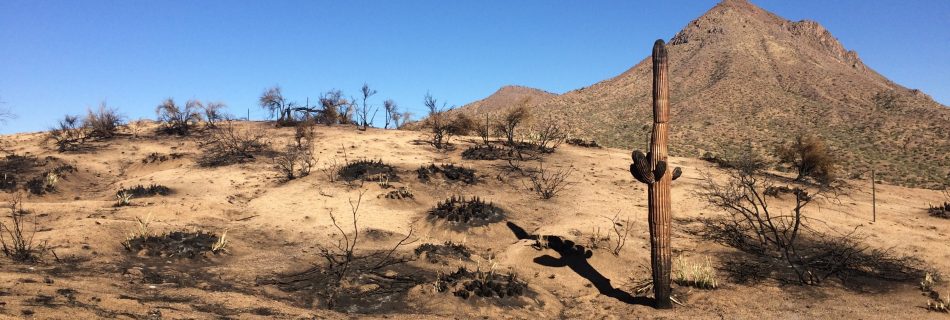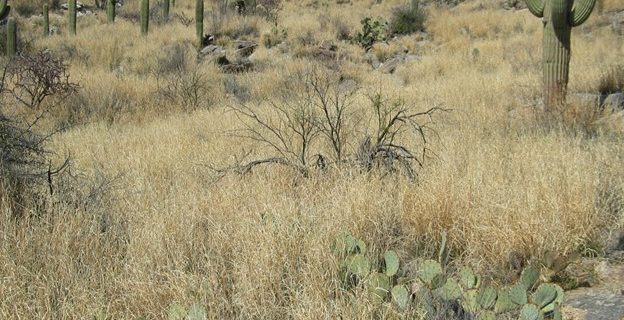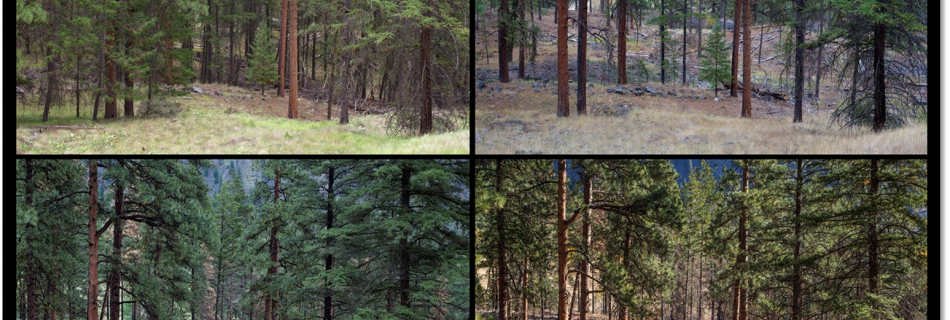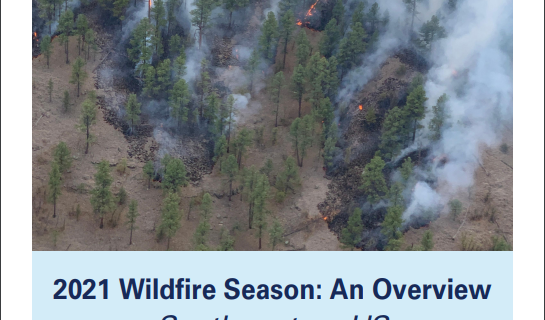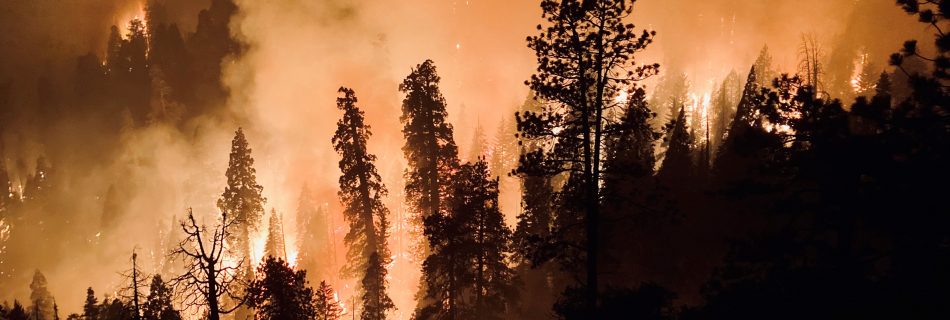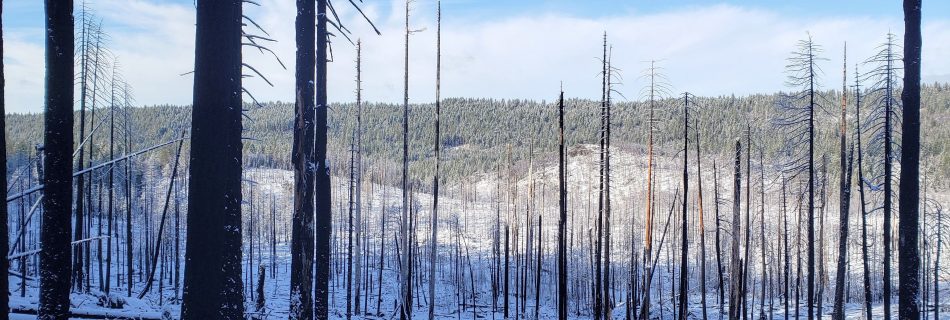Fuel Breaks for the Sonoran Desert
In February 2024, the Southwest Fire Science Consortium led a field trip in central Arizona to learn more about the dynamics between wildfire and invasive species in the Sonoran Desert. The field trip was focused on improving our collective understanding of how invasive grasses and forbs have altered the fire conditions in the Sonoran Desert …


